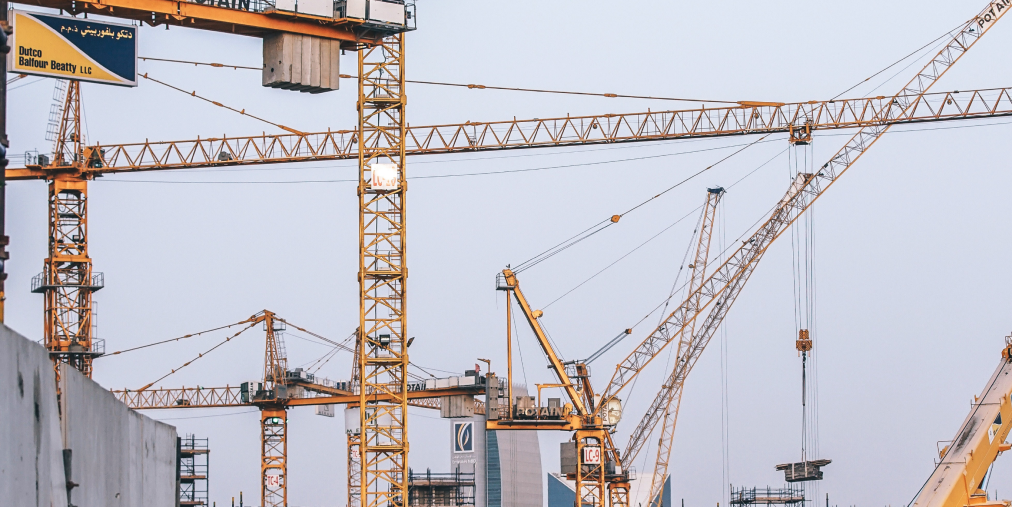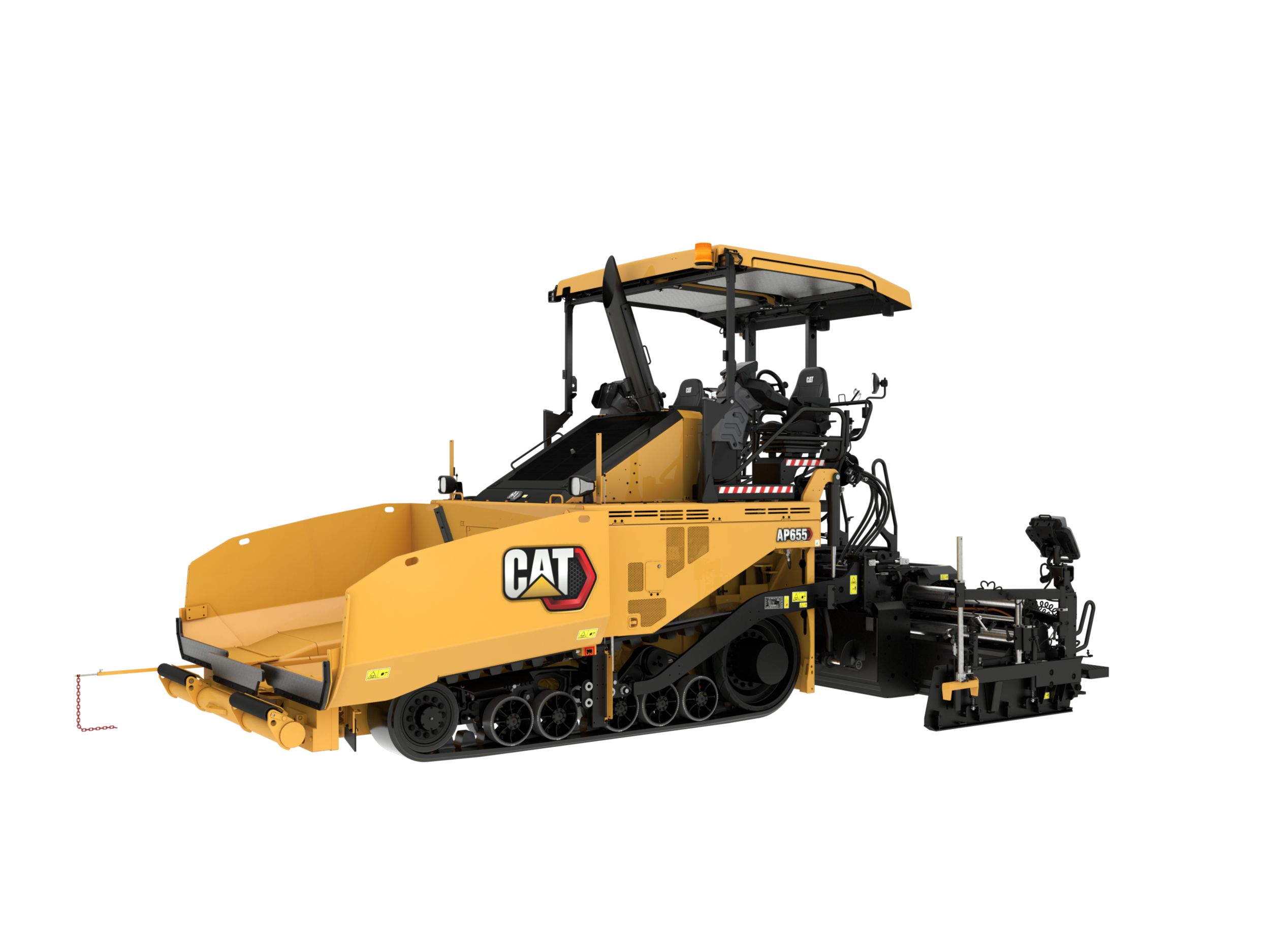Aerial Lift Rental in Tuscaloosa AL: Protect and Reliable High-Reach Equipment
Aerial Lift Rental in Tuscaloosa AL: Protect and Reliable High-Reach Equipment
Blog Article
Exploring the Financial Conveniences of Leasing Building Devices Contrasted to Possessing It Long-Term
The choice between owning and renting construction devices is pivotal for financial management in the market. Renting out deals immediate cost financial savings and functional adaptability, allowing business to designate resources a lot more effectively. Recognizing these nuances is essential, particularly when taking into consideration just how they line up with certain project demands and economic techniques.

Cost Comparison: Renting Vs. Having
When reviewing the economic effects of owning versus renting building and construction devices, a detailed expense contrast is important for making informed choices. The selection between having and renting out can dramatically impact a company's profits, and understanding the linked expenses is critical.
Renting building equipment typically entails reduced ahead of time costs, permitting companies to assign funding to various other operational requirements. Rental agreements frequently include adaptable terms, enabling companies to accessibility progressed machinery without lasting commitments. This flexibility can be particularly useful for temporary tasks or rising and fall workloads. Nonetheless, rental costs can gather gradually, possibly exceeding the cost of possession if equipment is needed for a prolonged duration.
Conversely, having building and construction devices calls for a substantial first investment, in addition to ongoing expenses such as devaluation, insurance policy, and funding. While ownership can result in long-term financial savings, it also binds capital and may not supply the exact same level of adaptability as leasing. Additionally, owning tools demands a commitment to its utilization, which may not constantly line up with project needs.
Ultimately, the choice to have or rent ought to be based upon a thorough analysis of specific project needs, economic capability, and long-term tactical goals.

Maintenance Costs and Responsibilities
The choice in between leasing and possessing building equipment not just entails financial factors to consider however likewise includes ongoing maintenance expenditures and duties. Owning tools requires a considerable dedication to its upkeep, that includes regular examinations, repair work, and possible upgrades. These responsibilities can swiftly build up, leading to unanticipated prices that can strain a budget plan.
In comparison, when renting out tools, upkeep is normally the responsibility of the rental company. This arrangement permits professionals to stay clear of the economic concern associated with deterioration, along with the logistical difficulties of organizing fixings. Rental arrangements usually include provisions for upkeep, indicating that contractors can focus on finishing projects as opposed to bothering with equipment condition.
Furthermore, the varied variety of equipment available for rent makes it possible for firms to select the current versions with innovative innovation, which can enhance performance and performance - scissor lift rental in Tuscaloosa Al. By going with leasings, services can avoid the lasting obligation of equipment depreciation and the associated maintenance migraines. Eventually, reviewing maintenance costs and responsibilities is critical for making a notified decision concerning whether to own or rent construction equipment, substantially impacting total task expenses and functional efficiency

Devaluation Influence on Ownership

A significant variable to take into consideration in the decision to possess building and construction tools is the impact of depreciation on overall possession prices. Depreciation represents the decrease in value of the tools in time, affected by aspects such as usage, wear and tear, and developments in modern technology. As devices ages, its market value diminishes, which can significantly influence the owner's monetary position when it comes time to offer or trade the devices.
For construction companies, this devaluation can translate to significant losses if the equipment is not made use of to its greatest potential or if it becomes obsolete. Owners have to account for depreciation in their financial estimates, which can result in higher overall prices contrasted to leasing. Additionally, the tax effects of devaluation can be intricate; while it might offer some tax advantages, these are frequently countered by the fact of decreased resale worth.
Ultimately, the concern of depreciation emphasizes the value of comprehending the lasting economic dedication involved in possessing building and construction equipment. Business have to carefully evaluate just how frequently they will utilize the equipment and the potential financial impact of depreciation to make an informed decision about possession versus renting out.
Monetary Adaptability of Leasing
Renting out building devices offers significant monetary adaptability, allowing companies to designate resources much more successfully. This versatility is especially vital in a sector defined by varying task demands and varying workloads. By deciding to rent out, companies can prevent the considerable funding investment required for acquiring equipment, maintaining cash flow for various other operational needs.
Furthermore, renting out tools enables business to tailor their equipment choices visit this website to particular task requirements without the long-term dedication connected with ownership. This implies that organizations can quickly scale their equipment inventory up or down based upon existing and awaited task needs. As a result, this versatility minimizes the threat of over-investment in equipment that might come to be underutilized or out-of-date over time.
An additional financial benefit of leasing is the possibility for tax benefits. Rental payments are typically thought about business expenses, enabling instant tax obligation deductions, unlike devaluation on owned and operated devices, which is spread over numerous years. scissor lift rental in Tuscaloosa Al. This instant expense recognition can better enhance a company's cash setting
Long-Term Task Considerations
When assessing the long-term requirements of a small construction equipment for sale building and construction business, the choice in between owning and leasing equipment ends up being much more complicated. For projects with extensive timelines, buying tools may appear useful due to the potential for reduced total expenses.
The building sector is advancing rapidly, with new devices offering improved effectiveness and safety features. This flexibility is specifically valuable for organizations that manage diverse tasks requiring various kinds of equipment.
Additionally, economic stability plays a crucial role. Owning tools typically requires considerable capital expense and depreciation worries, while renting permits more foreseeable budgeting and capital. Eventually, the choice between renting out and owning should be aligned with the tactical goals of the construction company, thinking about both existing and awaited job needs.
Final Thought
To conclude, leasing building tools uses substantial monetary advantages over lasting possession. The minimized ahead of time costs, elimination of maintenance duties, and evasion of depreciation contribute to improved cash money circulation and monetary versatility. scissor lift rental in Tuscaloosa Al. Furthermore, rental repayments work as prompt tax reductions, further benefiting contractors. Ultimately, the choice to rent as opposed to own aligns with the vibrant nature of construction tasks, enabling versatility and access to the most recent tools without the financial problems linked with possession.
As equipment ages, its market worth reduces, which can dramatically impact the proprietor's economic position when it comes time to offer or trade the equipment.
Renting building and construction devices offers significant financial see this here versatility, permitting firms to allot resources much more efficiently.Furthermore, leasing devices makes it possible for business to customize their devices options to certain task needs without the lasting commitment linked with possession.In conclusion, renting construction tools supplies significant financial benefits over long-term possession. Eventually, the choice to rent rather than very own aligns with the dynamic nature of building projects, permitting for adaptability and access to the most recent equipment without the economic problems associated with ownership.
Report this page